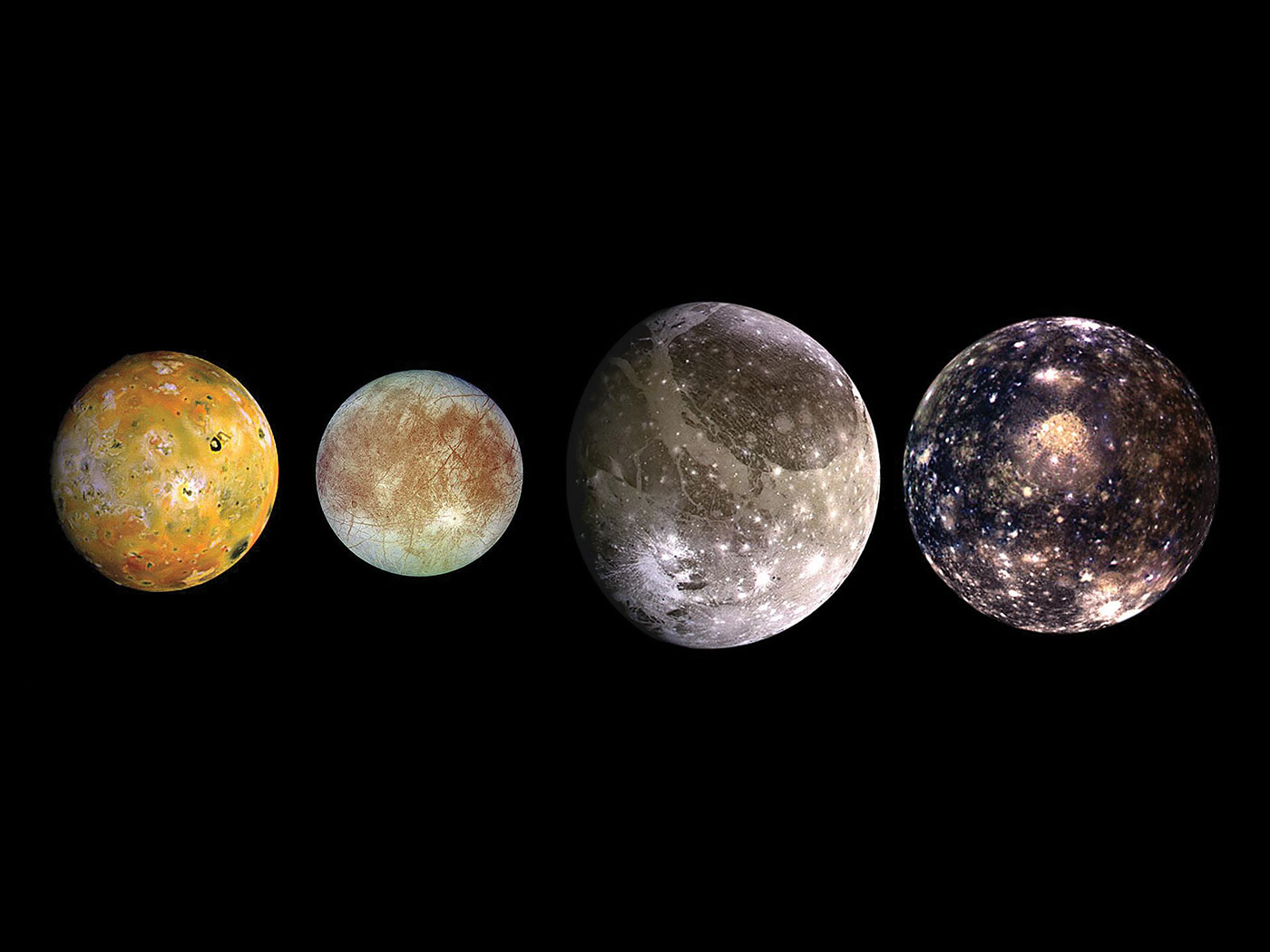"But Noah found grace in the eyes of the LORD." (Genesis 6:8)
Genesis 3:15 clearly implies that Satan's offspring and the woman's offspring will be at war until Satan is finally and fully crushed. Hence, we would expect to find accounts of battles between the two parties until the final blow is struck. Genesis 6:1-8 is one such account.
"Sons of God" (their exact identity is unknown) were producing offspring with the daughters of men (6:1-2). Whatever these reproductive unions were, God was displeased with them: "My spirit shall not always strive with man, for that he also is flesh: yet his days shall be an hundred and twenty years" (6:3). Both the word "striving" and the fact that God limited the existence of that generation to 120 years indicate His disapproval. Why would God have been angry? Shortly after these procreative acts, violence and wickedness were widespread (6:5). In the context of Genesis 3:15, this passage describes Satan's attempt to corrupt the seed of the woman through the procreation of the "sons of God."
Satan's schemes almost seemed to work. In response to the world-wide evil, God decided to wipe out the entire human race (6:5-7). Compared to Satan's previous attempt at destroying the seed (Abel) through Cain, this scheme is clever--it turned God on His own creation! Would Satan's plan prevail?
Today's verse gives the answer: "But Noah found grace in the eyes of the LORD." The Flood shows God's glory and power over Satan--against (humanly) impossible odds, God protected His promise by preserving the seed through Noah. "Grace"--there is no doubt that God, not Satan, ruled (and still rules) the destiny of mankind. That's good news for us frail creatures of the King! NTJ




















